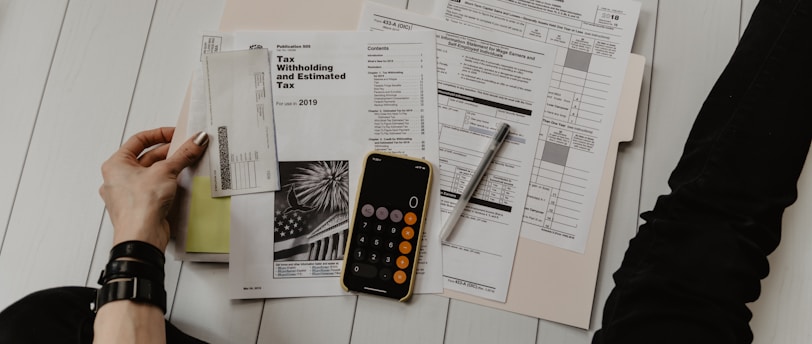Income Taxes for Crypto
Crypto Tax Requirements
BStubbs
4/2/20232 min read


As cryptocurrencies gain more mainstream adoption, governments are becoming increasingly interested in taxing cryptocurrency transactions. If you have made gains from cryptocurrency investments, it's important to know how to handle crypto income taxes to avoid any legal and financial consequences. Here are some steps to follow:
Understand the tax laws in your country: Tax laws related to cryptocurrencies vary from country to country, and in some cases, from state to state. Make sure to research and understand the tax laws in your country to ensure that you comply with them.
Keep track of all cryptocurrency transactions: Keep detailed records of all cryptocurrency transactions, including purchases, sales, trades, and any fees paid. This information will be necessary for calculating your tax liability.
Determine your tax liability: The tax liability for cryptocurrency gains can be complex and depends on factors such as the amount of time you held the cryptocurrency, the amount of gain or loss, and the tax laws in your country. Consult with a tax professional who is experienced in handling cryptocurrency transactions to ensure that you are correctly calculating your tax liability.
Report your cryptocurrency gains: In most countries, cryptocurrency gains are treated as capital gains for tax purposes. This means that you will need to report your cryptocurrency gains on your tax return. Make sure to follow the instructions on your tax return carefully and report all cryptocurrency gains accurately.
Pay your taxes on time: If you owe taxes on your cryptocurrency gains, make sure to pay them on time. Failure to pay your taxes can result in penalties and interest charges.
Keep up with any changes in tax laws: Cryptocurrency tax laws are constantly evolving, so it's important to stay up to date on any changes that may affect your tax liability.
In conclusion, handling cryptocurrency income taxes can be complex, but it's important to do it correctly to avoid any legal and financial consequences. Keep detailed records of your transactions, consult with a tax professional, and stay up to date on any changes in tax laws. By following these steps, you can ensure that you are complying with the law and protecting your financial interests.
